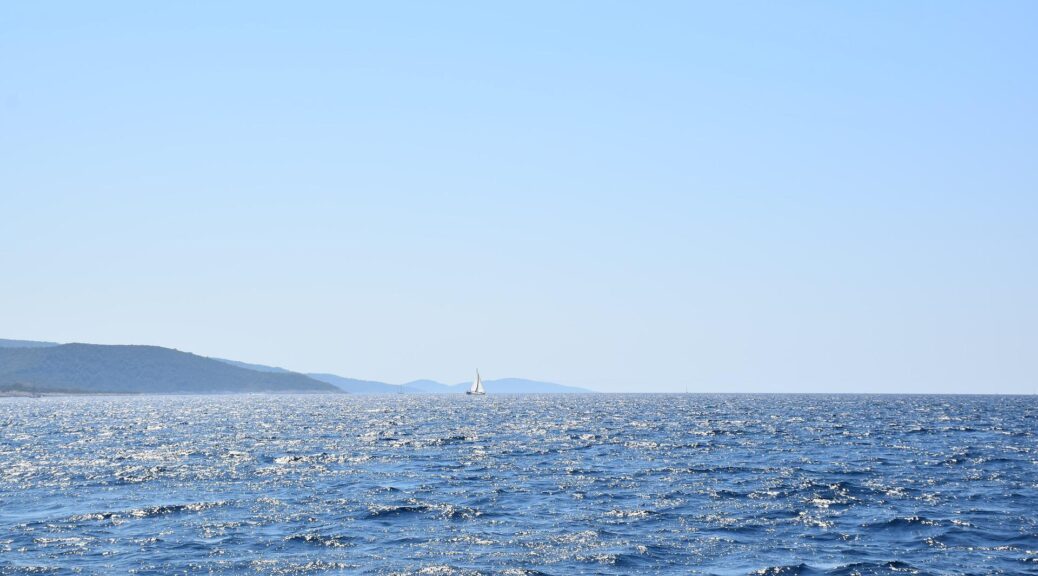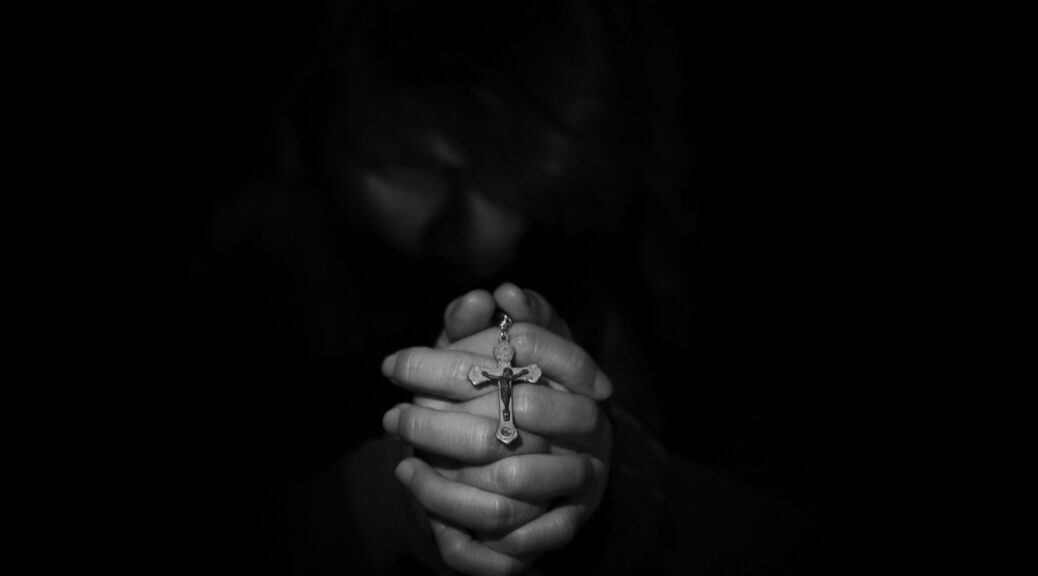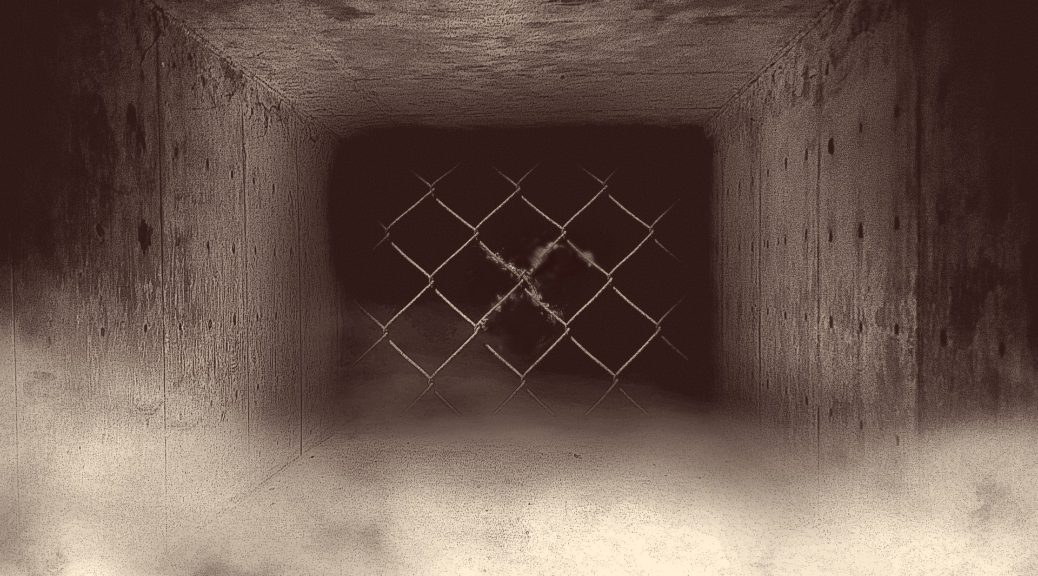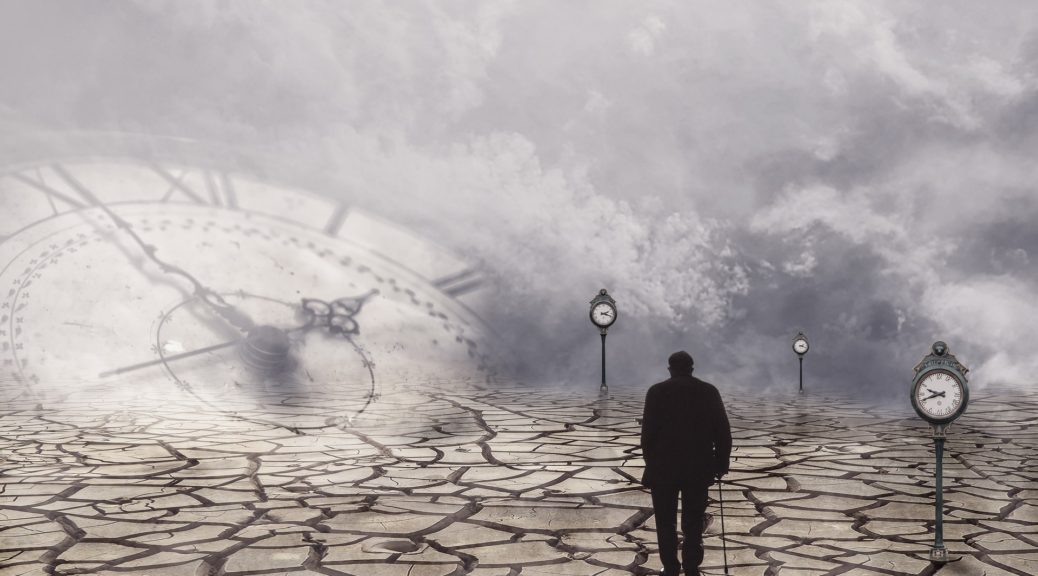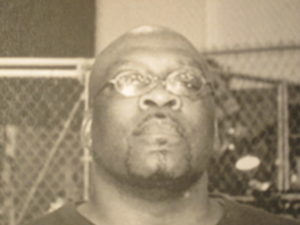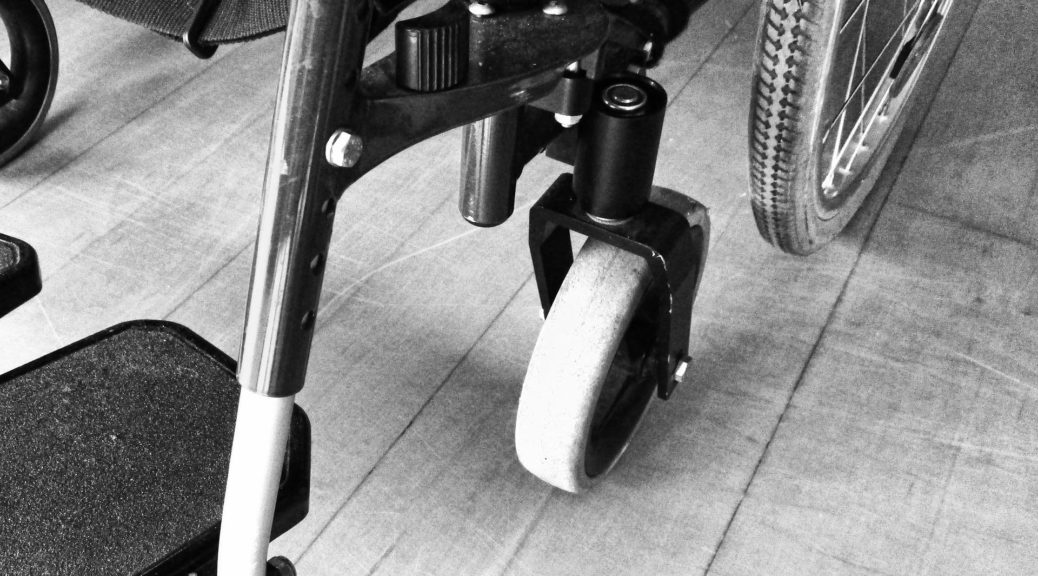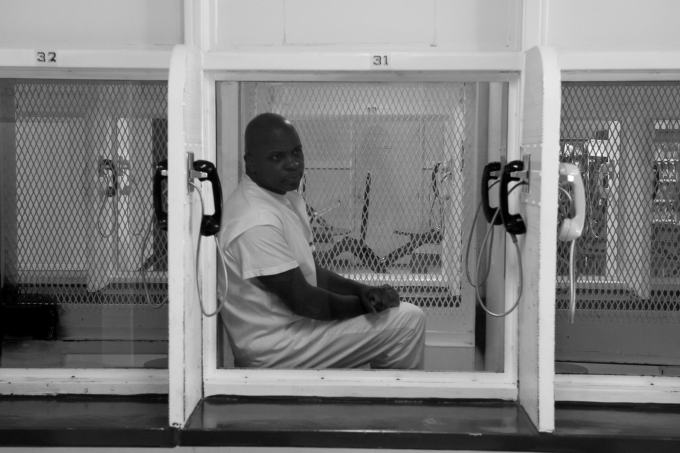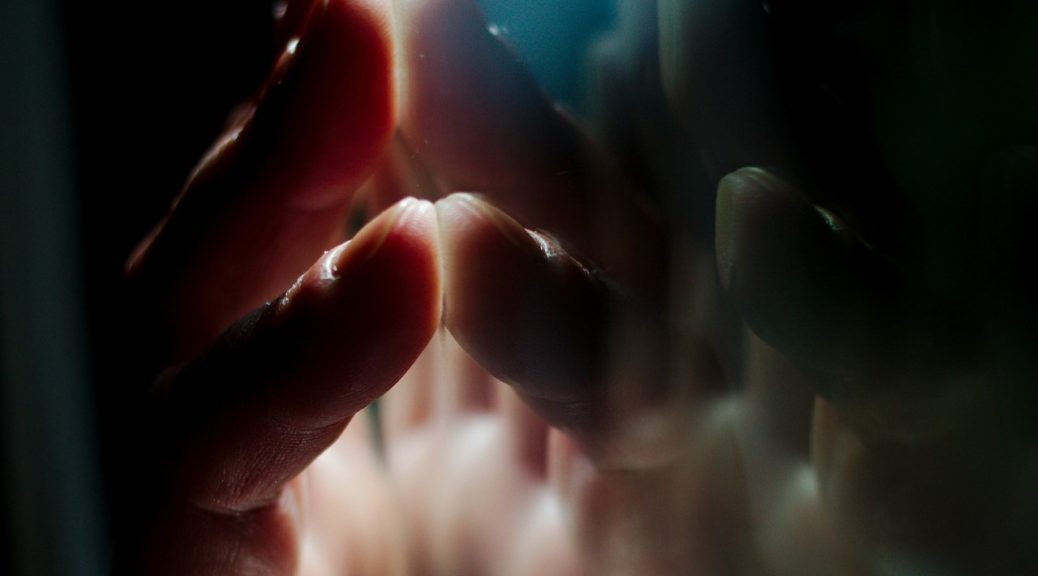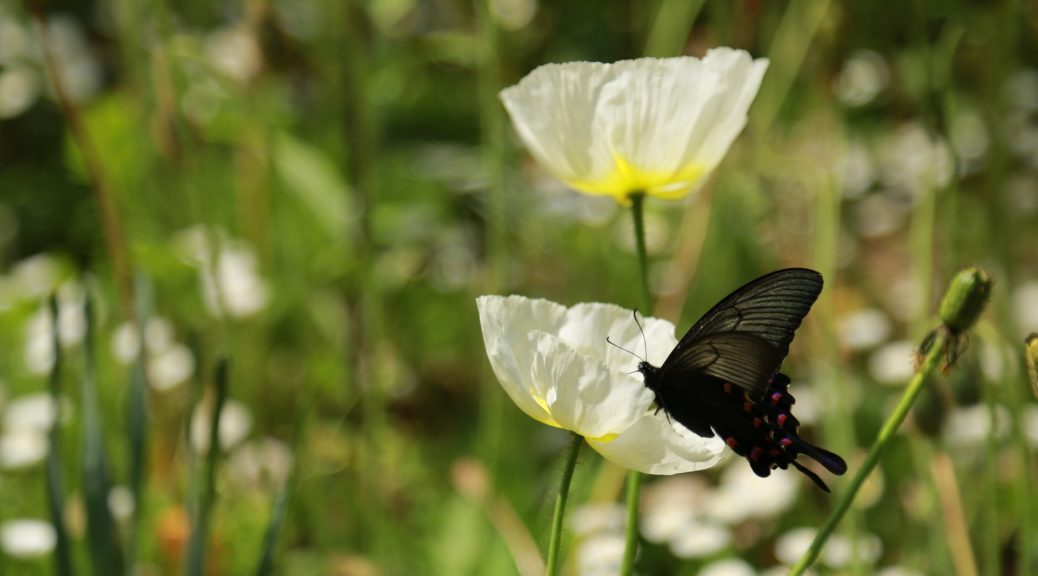Eighteen years ago I killed two men – Brett Harmon and Kevin McCann – during an altercation while tailgating at an NC State football game. I cannot restore their lives, but I can live each day in a way that honors Brett and Kevin, that honors the sorrow their loved ones endure each day, and that honors the burden my family has been forced to carry. By living with the values of compassion, honesty, integrity, and social responsibility, my life can serve to restore brokenness rather than cause it.
Surrounded by the gray concrete walls of a jail cell, I was lost in a pit of despair – despair from the guilt of taking two lives, from forever changing everything for at least three families, from thinking my life was nothing but a disaster. The despair left me struggling to find even a glimmer of hope. Ruinous thoughts swirled – ‘I have destroyed everything.’ ‘My life means nothing.’ ‘It would be better if I had never been born.’ Yet, that abyss was not my grave. The words of two mothers – mine and Brett’s – have served as my muse, lifting me out of the pit of despair and inspiring me to live with purpose.
My mother leaned forward, wanting only to wrap her arms around me, but the dingy, scratched Plexiglass made contact impossible. The day after I was arrested and charged with two counts of murder was a visitation day at the Wake County jail. I crumpled against the cubicle’s side, unable to look into her tear-teeming eyes. How could I have let her down so terribly when she had sacrificed so much? Her words broke through the desire to fade into non-existence. “Look at me. Timothy, look at me.” My chin trembled as my watery eyes were forced to meet her gaze. My mother’s words then cast a lifeline to my drowning soul. “I love you. I love you, and I will never give up on you.” When I thought I was too far gone to save, her love rescued me.
A number of people testified during the sentencing phase of my trial; the words of Brett’s mother have echoed in my head since the moment she spoke them. Brett was a Marine on the verge of leading his platoon to Iraq and a graduate of the U.S. Naval Academy in Annapolis. His mother shared how proud she was of him, of the man he was becoming even more than his accomplishments. Then, she acknowledged one of her regrets. “I will never again answer the phone to hear his military staccato voice, saying, ‘Hello, Mother’.” Her imitation of his cadence and greeting demonstrated her deep and painful sorrow with utmost precision, piercing my heart to its core, revealing the anguish my actions caused Brett’s and Kevin’s mothers.
Only two things can compel a person to truly change – something incredibly good or horribly bad. The merging voices of my muse grants me both. My mother’s words remind me of the blessings still in my life – the love and support of my family, the prospect of another heart’s day alive, the opportunity to positively impact the people and world around me. Les Miserables author, Victor Hugo, declared, “The greatest happiness of life is the conviction that we are loved; loved for ourselves, or rather, loved in spite of ourselves.” In spite of myself, in spite of disastrous mistakes, my mother communicated love and value when I was on the brink. She imparted the belief that my life could still have value. The words of Brett’s mother remind me of what I took and therefore the steep consequences of compromising on life-values. Her words motivate me to maintain course on making positive choices guided by values instead of the selfish choices that shattered lives and dreams.
When guilt and shame stir up the roiling sea of despair, when this riptide sucks me under and pulls me away from the shore, spinning and twisting, turning and rolling me, over and over, until I cannot determine which way is up or down, my two-voiced muse reveals the glimmering hope of living with compassion and social responsibility. Their words dispel the disorientation and pull me to the surface. My muse reminds me to look beyond myself, beyond circumstances, and encourage others.
There are things men, especially men in prison, do not talk about. We do not talk about pain or loneliness. We do not talk about despair. We say we are fine, when we are anything but fine. We put on an outside mask of strength, because to display weakness brings vulnerability. When we are struggling with despair, we feel utterly alone, like nobody knows our pain, our loneliness, our hopelessness. Yet we are not as alone as we think. In fact, we are not alone at all. Many of us struggle with despair but never talk about it. A person struggling with despair needs to know they are not alone, that there is hope. Someone must start the conversation.
My muse gave me the courage to start that conversation, to face the vulnerability of admitting I know the depths of despair, the practice of putting on a mask all day, saying I am fine when I am dying on the inside. I know the performance of smiling and laughing around others, but ending the day by walking in my cell, shutting the door, sliding down the wall, and sitting on the concrete slab floor, arms around my knees, head on my forearms, drained of all energy from the performance of “fine, just fine.”
By sharing my struggle, others can know they are not alone or lost in despair. They do not have to hide their pain or put on a mask. There is hope. Their lives have value and purpose. I can be for them what my muse has been for me – a source of inspiration and motivation to rise from the depths of the circumstances of my creation and sail the shimmering sea of a life of purpose.
ABOUT THE WRITER. Timothy Johnson is new to WITS, and I am glad to say he also won First Place in our recent writing contest. I don’t judge the contests, but one of the judges commented that it wasn’t just the writing that had him place so highly – it was also his expression of accountability in the first sentence. The judge that said that lives in prison. WITS is a lot of things, but at its foundation is truth. Also at the foundation is allowing readers to find their own understanding through the written experiences of the writers. I’m grateful to Mr. Johnson for sharing this, and I hope we hear from him again.
Mr. Johnson can be contacted at:
Timothy Johnson #0778428
Nash Correctional Institution
P.O. Box 247
Phoenix, MD 21131
For all posts from this site as well as current criminal justice issues, you can also follow us on Facebook or Instagram.
![]()
